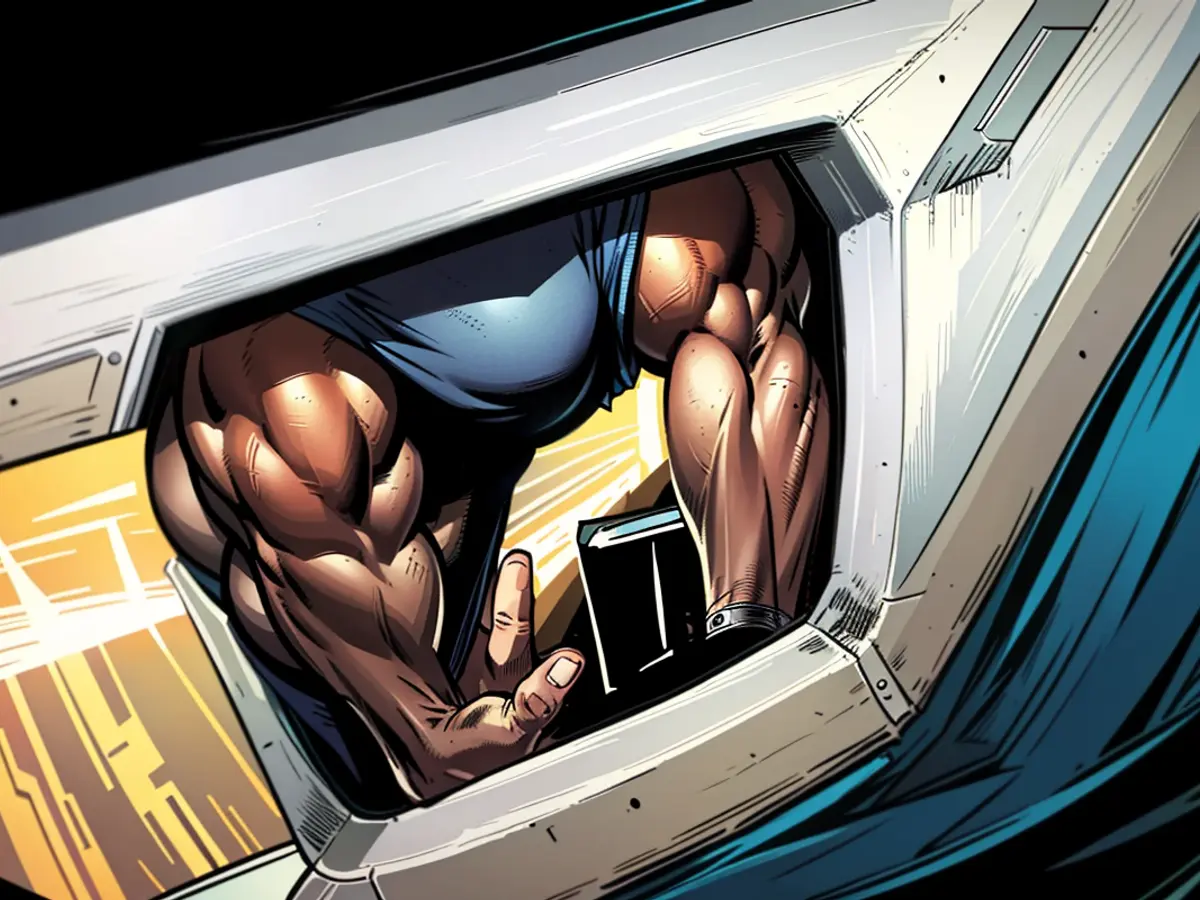Eon and MAN want to build an e-truck loading network
50,000 Electric Charging Stations are needed for Heavy Goods Vehicles in Europe, according to an estimation by MAN. Eon and the Truck Manufacturer MAN Truck & Bus plan to build hundreds of charging stations - mostly along their service networks. This plan would bring less than one percent of the required total. More help from politics is needed, it is said.
Energy company Eon and truck manufacturer MAN Truck & Bus plan to build a European public charging network for electric heavy-duty trucks. Approximately 400 charging points are planned at around 170 locations, according to the companies. Around 125 of these locations are planned in Germany alone. The opening of the first station is planned for this year. By the end of 2025, around 80 stations are expected to have been built. Electric vehicles such as buses and transporters from other manufacturers are also planned to use these stations. In addition to Germany, facilities are planned in Austria, Great Britain, Denmark, Italy, Poland, the Czech Republic, and Hungary.
"Europe has set itself the goal of reducing emissions from heavy goods vehicles by 90% by the year 2040. Electromobility is a central key to this", said Eon CEO Leonhard Birnbaum. "We are investing massively to give the infrastructure for electric heavy-haulage transport a decisive push and to set the switches for sustainable logistics and green supply chains." Birnbaum did not comment on the height of the investments.
To make the mobility transition a success, around 50,000 charging points for heavy goods vehicles will be needed in Europe by 2030, according to MAN Truck & Bus CEO Alexander Vlaskamp. "Naturally, we as manufacturers of electric heavy-duty trucks will contribute to this." However, the large-scale build-out of a public charging network will still require significant support from politics.
The electricity for the charging points will come from renewable energies, explained Eon CEO Birnbaum. This will also apply to the foreign locations. The facilities are planned to be built along the existing MAN service network, primarily in industrial areas with high truck traffic or near highways. At several 400 kilowatt charging stations, an average electric truck can charge in 45 minutes for a range of up to 300 kilometers.
The collaboration between Energy company Eon and Automaker MAN Truck & Bus extends beyond Europe, as they also have plans for facilities in various countries, such as Austria, Great Britain, Denmark, Italy, Poland, the Czech Republic, and Hungary. This initiative aligns with the German automakers' commitment to Electromobility and their role in the Automobile industry.
Eon, one of the 'Energy companies', aims to reduce emissions from heavy goods vehicles by 90% by 2040, with Electromobility serving as a central key. Their large-scale investments in electric heavy-haulage transport infrastructure are intended to catalyze sustainable logistics and green supply chains.
According to MAN Truck & Bus CEO Alexander Vlaskamp, 'Dax-Companies' like MAN have a responsibility to contribute to the establishment of the necessary 50,000 charging points for heavy goods vehicles in Europe by 2030. However, he emphasizes the need for significant political support to accomplish this large-scale build-out of a public charging network.
As part of their plan, Eon and MAN Truck & Bus are planning to power the charging points with Renewable Energy sources, ensuring a sustainable energy supply for the Electromobility initiative.
This initiative by Eon and MAN Truck & Bus demonstrates their active participation in shaping the future of the Transportation sector, moving towards a more sustainable future and reducing reliance on fossil fuels, such as those used by traditional 'Energy suppliers'.








